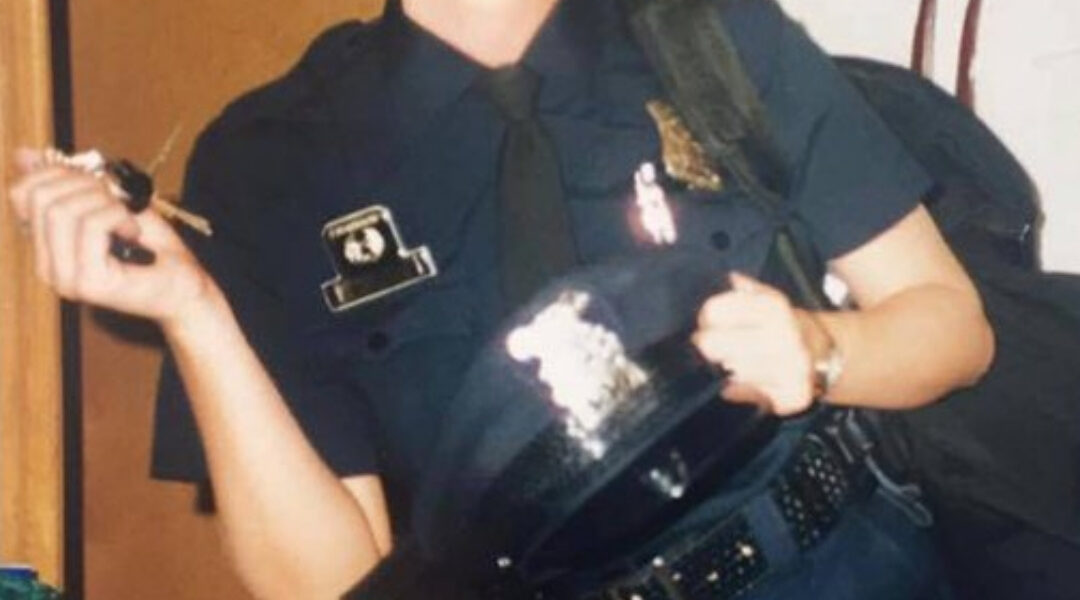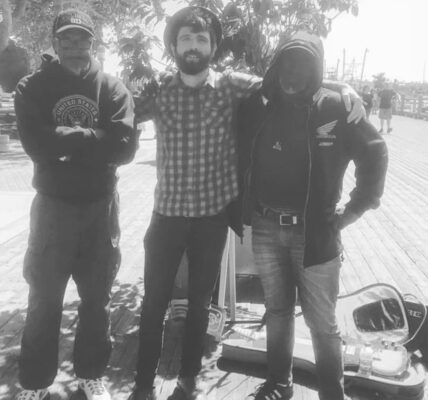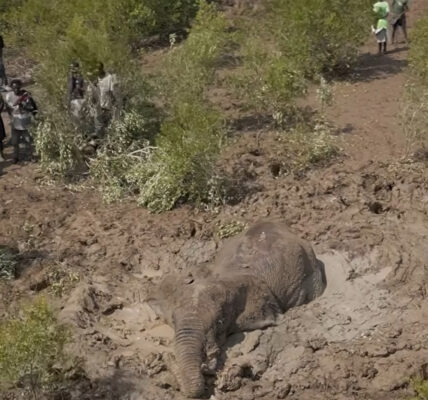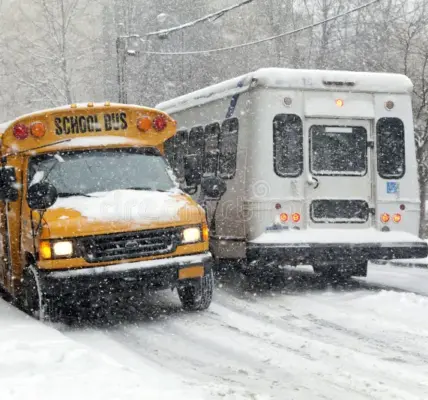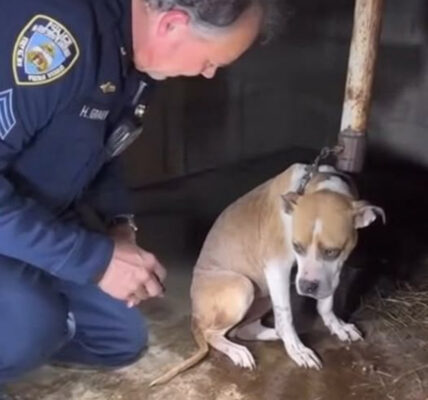She was just twenty-one when she put on the uniform for the first time — fresh out of the Detroit Police Academy, her father’s old badge pinned to her chest, her mother’s sergeant stripes folded into her pocket like a promise. There’s a photo from that day — a young woman standing tall, beaming, unaware of how much weight that badge would soon carry.

That night, she began her first midnight shift. She was armed with a gun she was barely old enough to buy ammunition for, a lucky two-dollar bill tucked inside her vest, and enough courage — or maybe innocence — to believe she could take on anything. She didn’t yet know that courage would one day mean holding dying friends, running toward gunfire, and carrying memories that never fade.
Seventeen years later, the smile in that photo feels like another lifetime.
The years brought injuries — torn ligaments, stab wounds, ruptured discs, and scars both seen and unseen. They brought funerals of brothers and sisters in blue.
They brought nights of wet grass under her knees, watching criminals through the scope of a rifle, and mornings spent telling mothers their children weren’t coming home. They brought the shrill sound of grief, the sting of bullets that came too close, and the unbearable weight of “what if.”
She remembers the small things most people will never have to know: the smell of blood and gasoline at a crash site, the tremble in a victim’s voice, the look in a child’s eyes after violence has shattered their home. And through it all, she kept showing up — not for glory, not for power, but because someone had to.
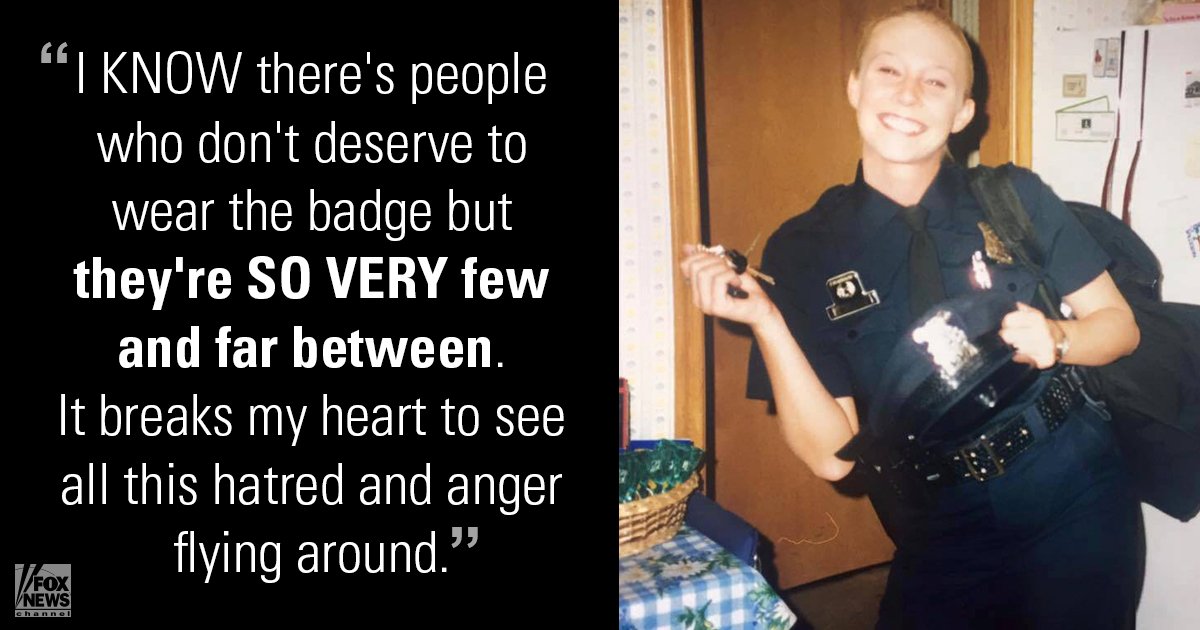
She says now that she never once went to work thinking, “I’m going to hurt someone tonight.”
But she did go to work thinking, “I’ll do whatever I have to, to keep good people safe — even if it means I don’t come home.”
That’s what most never see. Behind the badge are people — mothers, fathers, sons, daughters — who laugh, cry, mow their lawns, pay their bills, and hope they make it through another shift alive. Most don’t wear hate; they wear heartbreak.
She knows there are bad cops — men and women who dishonor the badge. But she also knows they are the few, not the many. And she believes that what’s broken can only be fixed with compassion, not division.
“Violence doesn’t cure violence,” she says quietly. “And hate doesn’t cure hate.”
So she writes not to defend, but to remind — that the men and women behind the badge are human. That empathy matters more than judgment. That somewhere between anger and fear, there is room for understanding.
“If you disagree,” she says, “don’t walk away. Talk to me. Let’s find a way forward — together.”
Because after seventeen years of service, of sacrifice and scars, she still believes what she did at twenty-one — that love, not hate, is what keeps the wolves away from the door.
